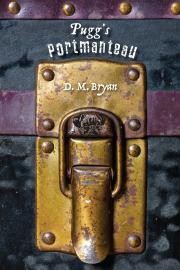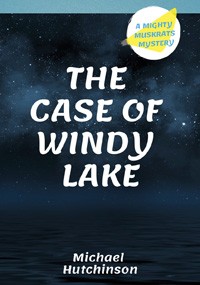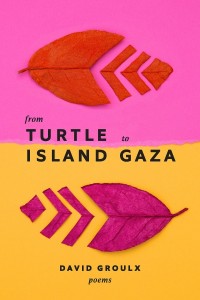ArticlesIssue 74, Spring/Summer 2019
-
 Fiction
FictionRead your way through eighteenth-century London
The artist William Hogarth’s portrayals of eighteenth-century London have long fascinated Alberta author D. M. Bryan. “When I was a child, my parents had a book of Hogarth’s prints,” she says. “I loved looking over those pictures, imagining that strange world of brocade dresses, gilded furniture, towering wigs, and muddy streets.” -
 Features
FeaturesShort story collection aims to connect present losses with the past
Adam’s Tree by Gloria Mehlmann is a collection of linked short stories, set in a First Nations community, in the time period immediately after the Second World War. -
 En Français
En FrançaisDes conversations philosophiques qui jouent avec les règles de la langue
Des jeunes adultes québécois passent une fin de semaine ensemble. Ils vivent, ils discutent et partagent leurs opinions. -
 En Français
En FrançaisPhilosophical conversations play with the rules of language
Young adults from Quebec spend a weekend together. They enjoy life. They discuss and share their opinions. -
 Features
FeaturesMeet the Mighty Muskrats, a crew of sleuths and activists
Young readers who like a mystery have a new series to enjoy and anticipate. The Case of Windy Lake, the first in the Mighty Muskrats Mystery series for middle grade readers, introduces Sam, Otter, Atim, and Chickadee, four cousins growing up on the Windy Lake First Nation. -
 Features
FeaturesRetired prairie police officer still has many stories to tell
Ernie Louttit completed his third memoir in a place called “Buzzy’s Bug Hut.” This “ideal location” was a screened enclosure at a cabin in the woods of northern Ontario. -
 Features
FeaturesRetelling the history of Canada’s 150 through an Indigenous lens
If you’re used to looking at Canadian history one way, a new graphic novel anthology will help you see it from new perspectives – Indigenous ones. -
 Features
FeaturesSharing stories of colonization across land and language
After a reading in Toronto, an older Palestinian man approached poet David Groulx with appreciation for lines from the poem “Widening the Highway on the Rez”: “now this land becomes our Palestine / broken off from torso and limb / this long execution.” In the preface to his latest collection, Groulx explains how the brief interaction made the connection between their perspectives on colonialism real, far beyond the analogy.









